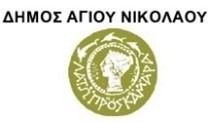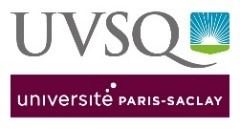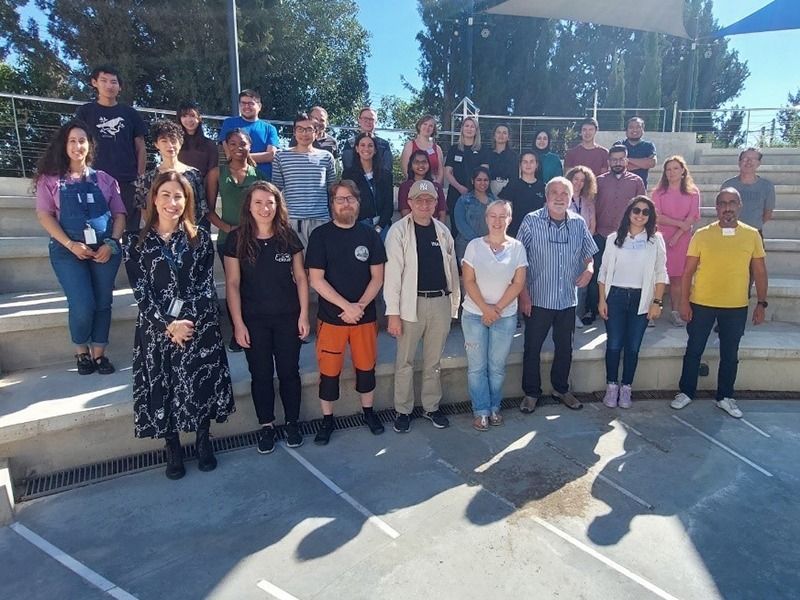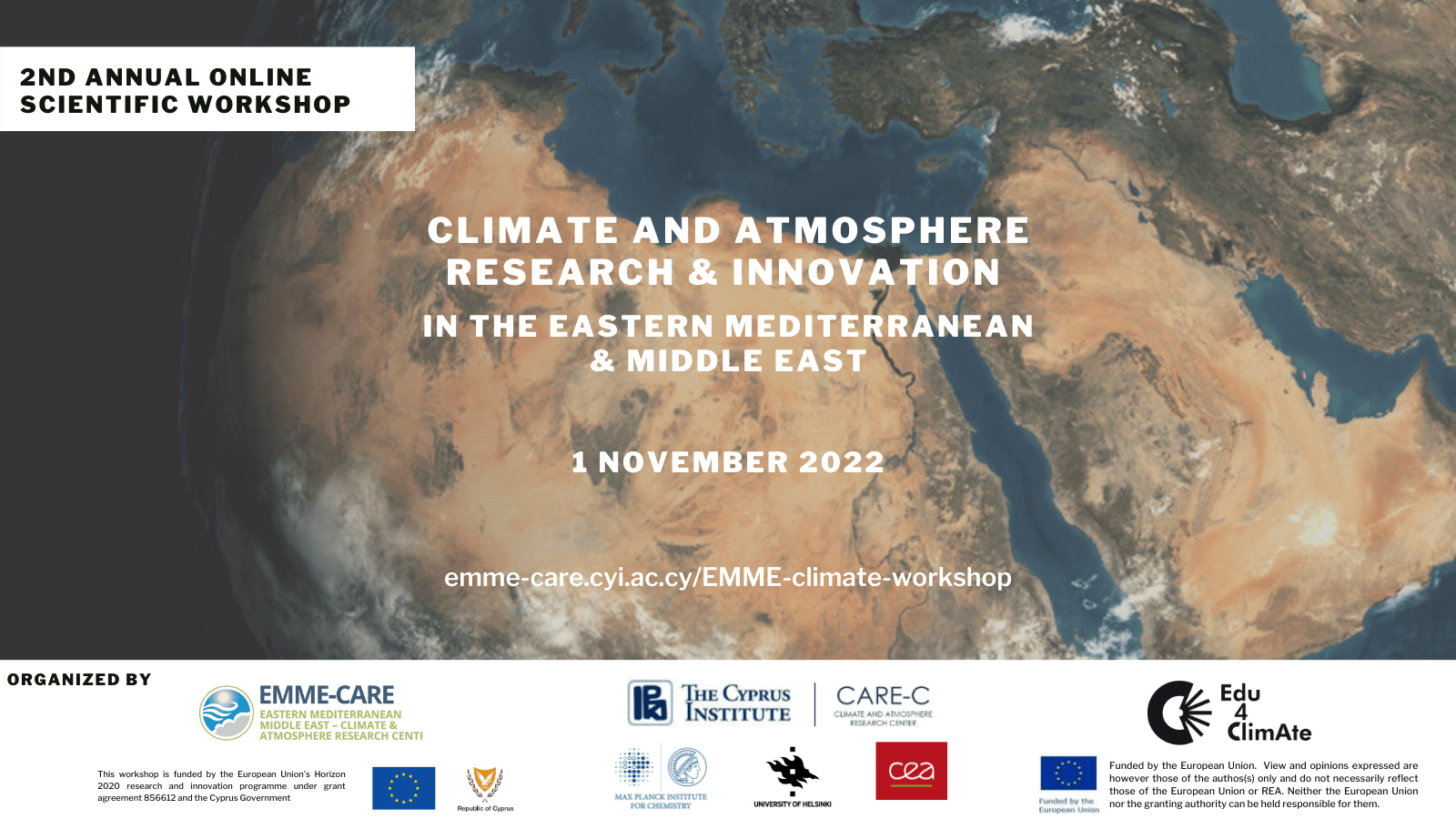The Cyprus Institute (CyI) is a world-class, non-profit research and educational institution with a strong scientific and technological orientation. It is a regional Center of Excellence, addressing issues of regional interest but of global significance, with an emphasis on cross-disciplinary research and international collaborations. CyI is being developed as an international science and technology organization to strengthen the research community of Cyprus and to help transform its economy to a knowledge-based economy.
Recognizing the unique geopolitical location of Cyprus, the Institute aspires to serve as a European Union (EU) gateway to research and technology in the Eastern Mediterranean and Middle East (EMME) region and in this way, advance peace and prosperity and promote the cooperation among the people of the EMME region for the betterment of their future.
The Institute operates under the aegis of the Cyprus Research and Educational Foundation (CREF), which is governed by an acclaimed Board of Trustees, comprised of leading personalities of the international academic, political and business world.
CARE-C was founded at the Cyprus Institute in January 2020 through competitive funding secured from the European Commission and the Cyprus Government, in the framework of the European Commission Horizon-2020-TEAMING project “EMME-CARE” (Eastern Mediterranean and Middle East Climate and Atmosphere Research Centre; Grant no. 856612).
Capitalizing on a pre-existing-for-ten-years Research-Division, The Cyprus Institute established the “Center of Excellence” in Climate and Atmosphere research for the EMME region in cooperation with EU Advanced Partners: The Max Planck Institute for Chemistry in Mainz in Germany, the Alternative Energies and Atomic Energy Commission (CEA) in France, and the University of Helsinki (UHEL) in Finland.
CARE-C works in close collaboration with its advanced partners as well as many national institutions and organizations in Cyprus and the region. The Center’s work focuses on environmental and climate change research and the creation of sustainable solutions to address relevant societal challenges in the Eastern Mediterranean and Middle East (EMME) region, which has been identified as a climate change “hotspot”. Research undertaken under CARE-C’s areas of focus is impact and sustainability driven, and has also been embedded at policy-making level through strong collaborations with the Departments and Units of the Ministry of Agriculture, Rural Development and Environment, the Ministry of Labour, Welfare and Social Insurance, the Ministry of Defence, the Ministry of Health, as well as the Research & Innovation Foundation, which is the national funding agency in Cyprus for R&I and the host of National Contact Points.
CARE-C is mainly focused on three key areas of activity:
- Science and Research on Climate Change and Air Pollution over the Eastern Mediterranean and the Middle East (EMME) region.
- Innovation on early warning systems for dust storm and extreme weather events, new cost-effective atmospheric sensors, Unmanned Aerial Vehicles in meteorology and air quality, regional carbon footprint and air quality forecasting.
- Education and Training on Meteorology and atmospheric sciences (MSc and PhD), climate change and weather forecasting (trainings), hands-on practice on atmospheric instrumentation and knowledge exploitation and transfer.
The Centre operates four Research Departments:
- Environmental Observations conducting continuous long-term measurements of atmospheric composition, related environmental parameters and trends, and analysis of atmospheric loads and interactions of gaseous and aerosol pollutants in urban and remote regions of the EMME to further our understanding of the changing regional environment.
- Environmental Predictions, dedicated to the study of the role of anthropogenic emissions in biogeochemical cycles, air quality and climate change with a focus on the EMME region
- Impact and Policy, dedicated to pursuing multi- and cross-disciplinary research on societal challenges needing regional and local solutions.
- Environmental Technologies, identifying attractive commercial research applications that contribute to sustainable economic growth for Cyprus and the region and ensure the Center’s financial longevity.









